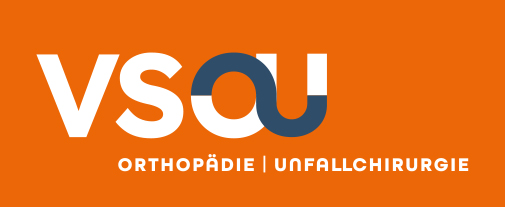Ihre Suche ergab 1 Treffer
Ergebnisse ambulanter orthopädischer Rehabilitation
Zusammenfassung: Die ambulante orthopädische Rehabilitation hat sich in Deutschland im letzten Jahrzehnt rasant entwickelt sowohl hinsichtlich der Anzahl der Einrichtungen und behandelter Patienten als auch bzgl. der Qualität der abgegebenen Therapie. Die vorliegende Studie dokumentiert deutliche Verbesserungen im Rehabilitationsverlauf für die häufigsten Indikationen und die dafür verwendeten Assessments Funktionsfragebogen-Hannover-Rücken, Constant-Score, Harris-Hip-Score und Knee-Society-Score. Bei insgesamt 1261 Patienten wurden für alle Scores signifikant positive Veränderungen nachgewiesen. Die mittlere Score-Differenz betrug bei den Rücken-Patienten 20,7 Punkte, 24,4 Punkte für die Schulter-Patienten, 23,9 bei den Hüft-Patienten und 19,7 für den Knie-Score bzw. 26,0 für den Knie-Funktions-Score. Damit zeigt diese Untersuchung deutlich positive Effekte ambulanter orthopädischer Rehabilitation.
Summary: German outpatient orthopedic rehabilitation has developed rapidly in the last decade both in terms of number of rehablitation facilities and treated patients as well as with respect to therapeutic quality. The present study provides significant improvements in the rehabilitation process for the most common indications and the used assessments Funktionsfragebogen-Hannover-Rücken, Constant Score, Harris Hip Score und Knee Society Score. A total of 1261 patients showed significantly positive changes for all scores. The mean score difference was 20.7 points for back-patients, 24.4 points for shoulder-patients, 23.9 for hip-patients, 19.7 for the knee score and 26.0 for the knee function score. Thus, this study shows positive effects of outpatient orthopedic rehabilitation.
